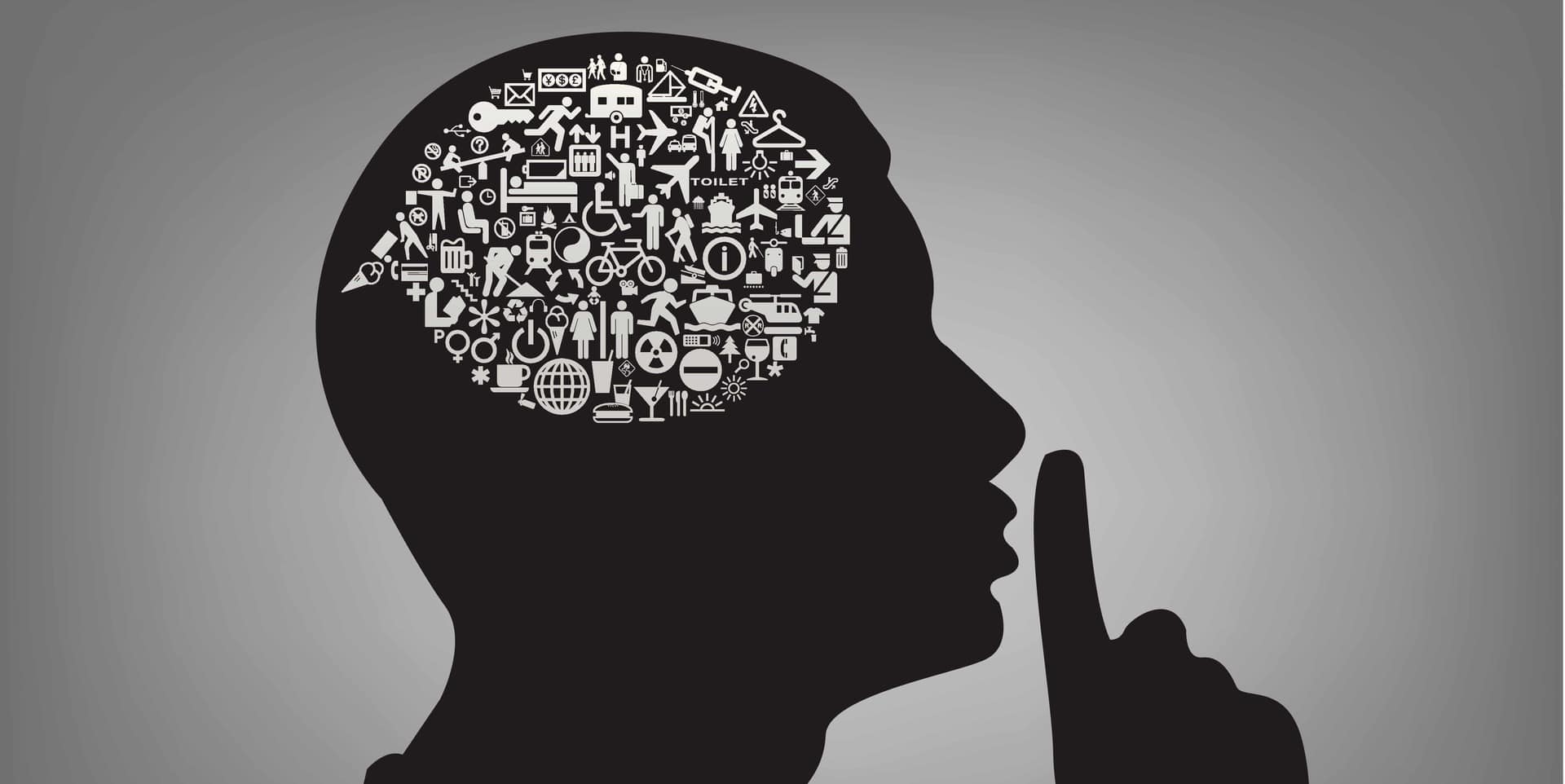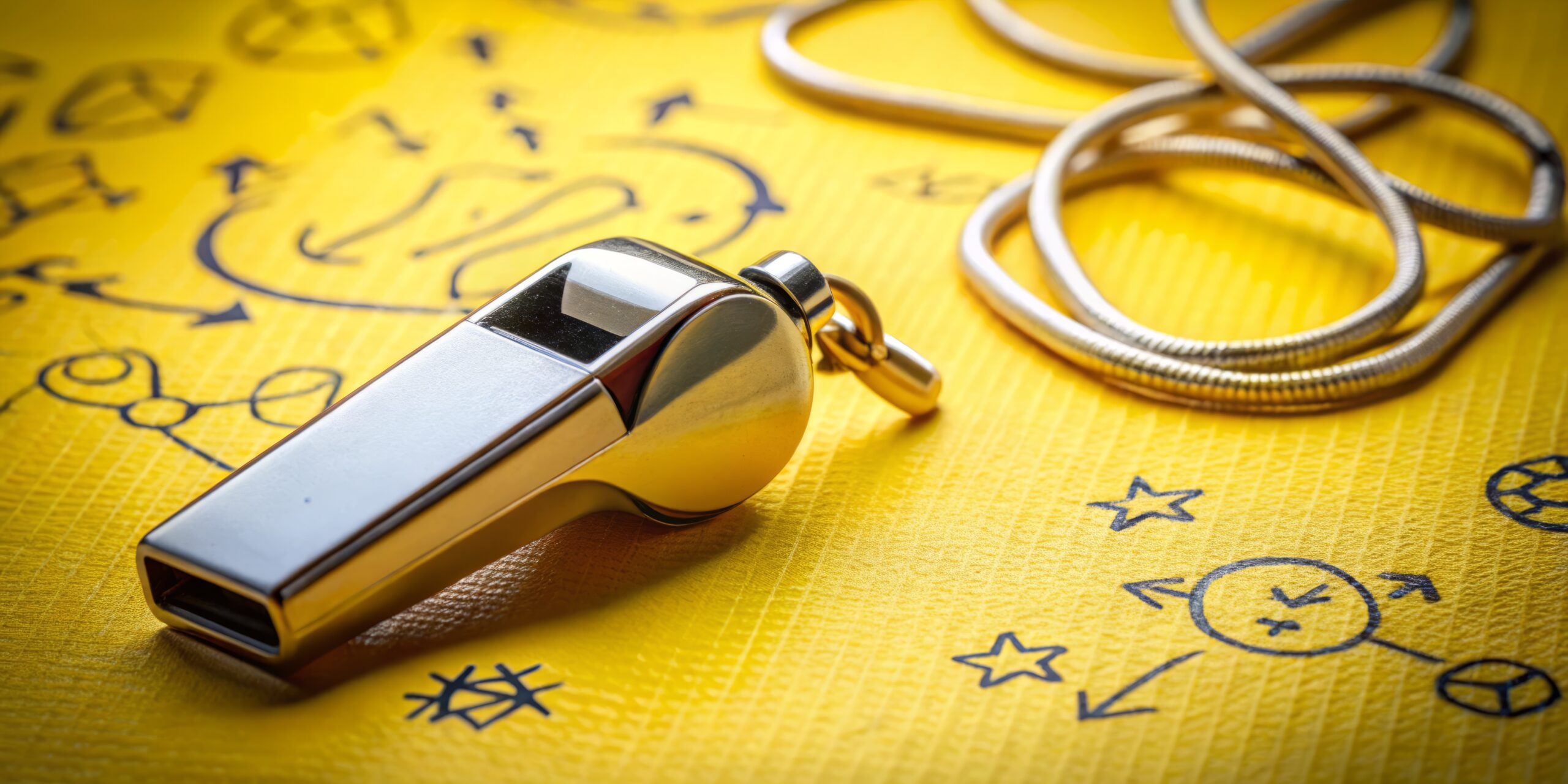
By By Yvonne Stedham and Colleen Camenisch
Retired judge Lee Sinclair describes one of his days in the Court of Common Pleas in Canton, Ohio, this way:
It’s four o’clock, and I have three hearings still waiting. We are two hours behind schedule. Before me, wailing and castigating my judicial ability, is the most belligerent and obnoxious lawyer I know. The lawyer is refusing to accept an inevitable adverse ruling. The lawyer proceeds to lecture me on my inability to understand the law. If I had a gavel, I would consider … (I stop myself before I get too creative with the violent thought). My head is about to explode.
Does any of that sound familiar to you? Frustration, clutter, anxiety?
If so, the practice of mindfulness may be something to consider as you ponder resolutions for the New Year.
Mind over matters
Mindfulness or moment-to-moment non-judgmental awareness is a desirable and beneficial state of being and an increasingly popular pursuit. In the past 10 years mindfulness programs have been created in schools, corporations, even prisons. Research has found mindfulness to be an effective treatment for a variety of physical and psychological challenges, including depression.
In the judiciary context, mindfulness has been studied and promoted as an antidote to unconscious and implicit bias and for stress management. Research has shown it can improve a judge’s ability to pay attention to current conditions, to improve decision-making, ethical judgment and creativity, and to reduce stress and anxiety.
Mindfulness is the opposite of mindlessness, which results in knee-jerk reactions and automatic behaviors.
Let’s return to Judge Sinclair, who was feeling that his head was about to explode. Instead of lashing out, he said, he took a breath. And then another breath.
Immediately I feel a sense of calm, and my anger disappears. Instead of going ballistic, I handle the lawyer with dignity and decorum. This is the reality of using mindfulness in the courtroom.
Being mindful, he says, can help a judge be more judicial.
Judges work in what often feels like a whirlwind of activity. Every judge experiences “monkey mind”–that sense of the mind going in a thousand directions at one time. Practicing mindfulness allows judges to calm the “monkey mind” of judging. It reduces stress, helps in prioritizing what is important and what is not. Most importantly, mindfulness reminds judges to have compassion and to see clearly the task at hand. Being mindful makes judges better.
How to do it
There are a number of ways to cultivate mindfulness. The most common is mindfulness meditation. Not to be confused with relaxation techniques or the spiritual quest for “nirvana,” mindfulness meditation requires discipline. It’s designed to improve the ability to focus attention and develop self- and social awareness.
A typical form of mindfulness meditation requires sitting for 20 to 30 minutes while paying attention to one’s own breathing. Simply observe your breath entering and leaving your body. Recognize when your attention has shifted away to thoughts and then gently, but firmly, bring the attention back to the breath. Like exercises done in the gym, mindfulness exercises are about strengthening one’s muscles—in this case, mental muscle.
Here are some tips for developing a mindfulness practice:
- Try paying attention to your breath for a few minutes as you transition between cases or meetings.
- Instead of going over your to-do list or calendar as drive to work, stay in the present experience of driving. If you are on another form of transportation, be aware of the weather or scenery. Remember that you are not at work yet. Keep your mind focused on where you are and what you are experiencing.
- When arriving home, take a few moments prior to walking in the door to mentally make the transition from the day. Become aware of how your body feels. Notice if there is a sense of tension or if you feel calm.
The NJC’s four-day Mindfulness for Judges course teaches the benefits of mindfulness and how to practice it. You can also check out mindfulness-themed websites and apps, such as Headspace, Insight Timer, and 10percenthappier.com.
Mind-body awareness can help with finding balance. Our body experiences everything first and then our thoughts enter the picture. For example, when you are driving in a car and the person in front of you slams on the breaks, the body reacts. You hit the brakes, have a rush of adrenaline, and then you have all kinds of thoughts about what happened.
The more we can understand the signals in the body, the more we are able to self-regulate. A simple way to remember to be mindful is to STOP:
S – Stop
T – Take a Breath
O – Observe
P – Proceed
Click here for additional resources.
Related Courses
Mindfulness for Judges, November 6-9, 2017, Sedona, AZ
This four-day program, held in Sedona, Arizona, is an opportunity to pause from the many complexities of being a judge to breathe, reflect, and apply mindfulness to your professional and personal lives.

Hon. Diane J. Humetewa, the first Native American woman and the first enrolled tribal member to serve as a ...

Retired Massachusetts Chief Justice Margaret H. Marshall has been selected as the 2024 winner of the presti...

Dear Gaveliers Fans: I am delighted to announce the appointment of our first Gaveliers coaches, profiled...

Fans, I could not be more proud of the work our players put in over the summer. The difference between h...

As the 2024 Election moves in to its final weeks, just over half of trial judges who responded to a survey ...